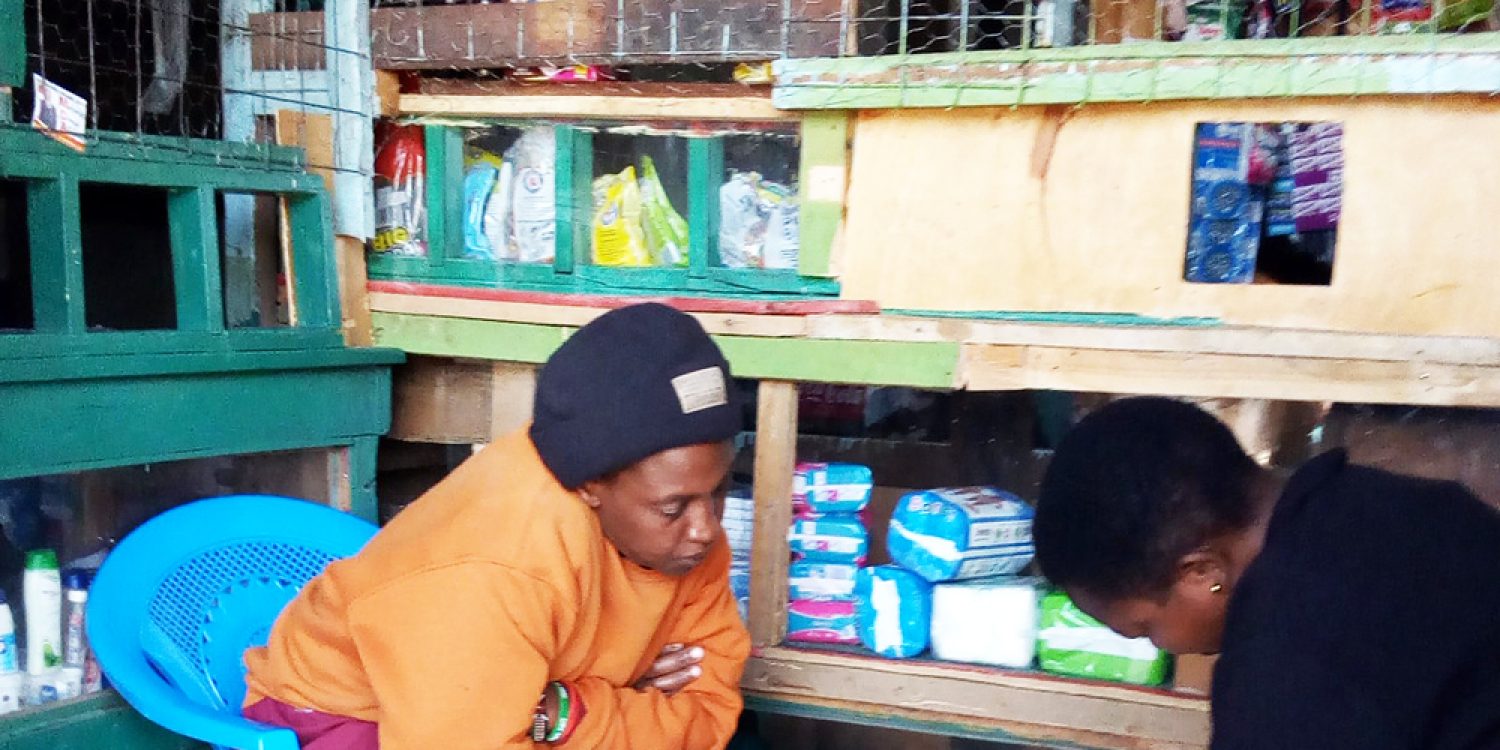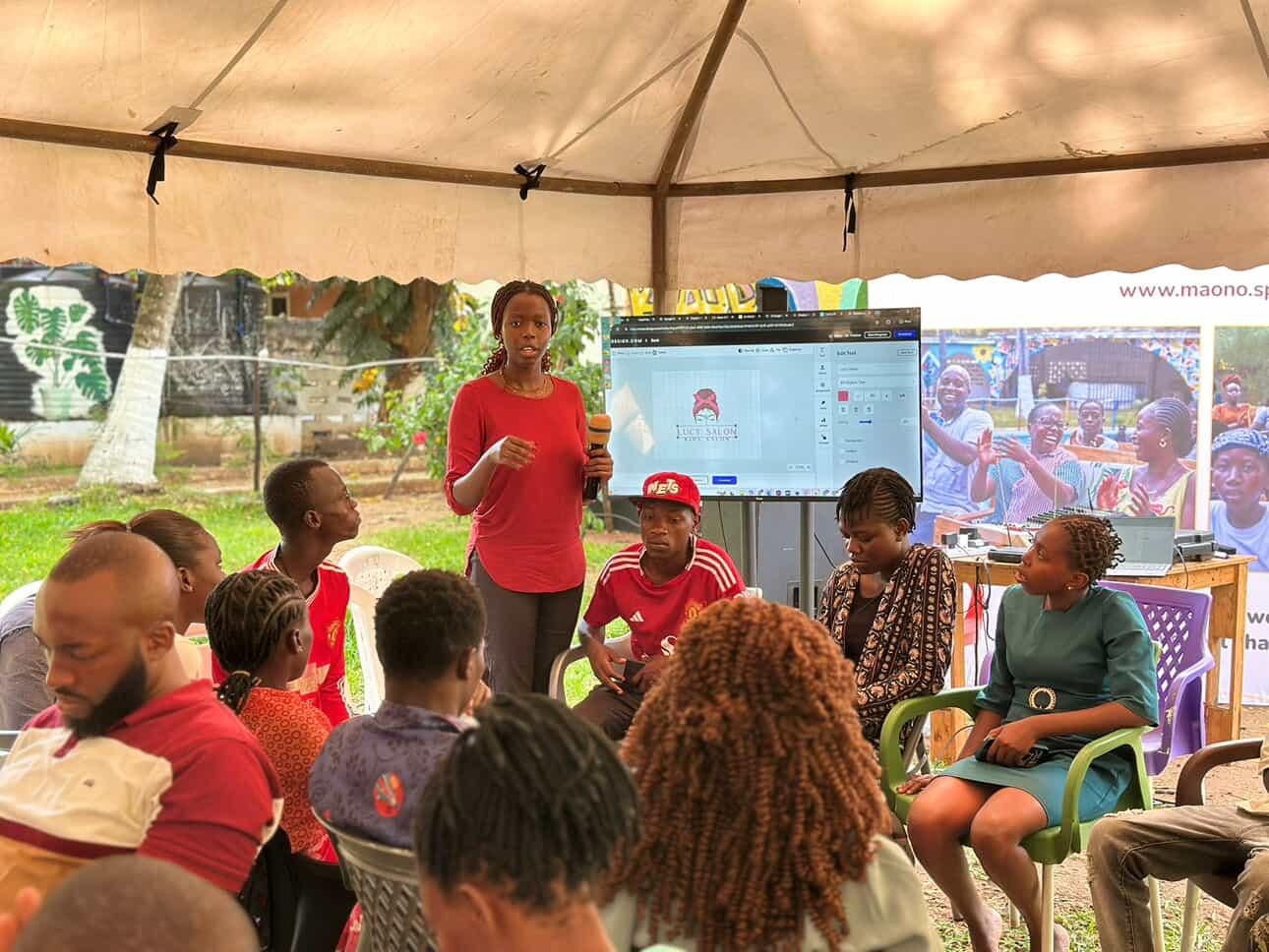We are proud to work with KNBS as they lead the Technical Working Group on Citizen-Generated Data.
The Open Institute is proud to have played a role in Kenya’s progress in institutionalizing Citizen-Generated Data as part of the National Statistical System (NSS). Since 2015, the Open Institute has worked with communities in Nakuru North sub-county, Elgeyo Marakwet county and various other places to collect household data that sheds light on the needs and priorities of citizens.
“We are thrilled to continue our partnership with the Kenya National Bureau of Statistics (KNBS) and support their efforts to bring multiple stakeholders together to develop the structures that incorporate data from alternative sources into the NSS,” said Al Kags, Executive Director at the Open Institute. “Though this data may come from multiple sources and have specific subnational context, we embrace the ‘organized chaos’ theory. The more data there is, the better for the world.”


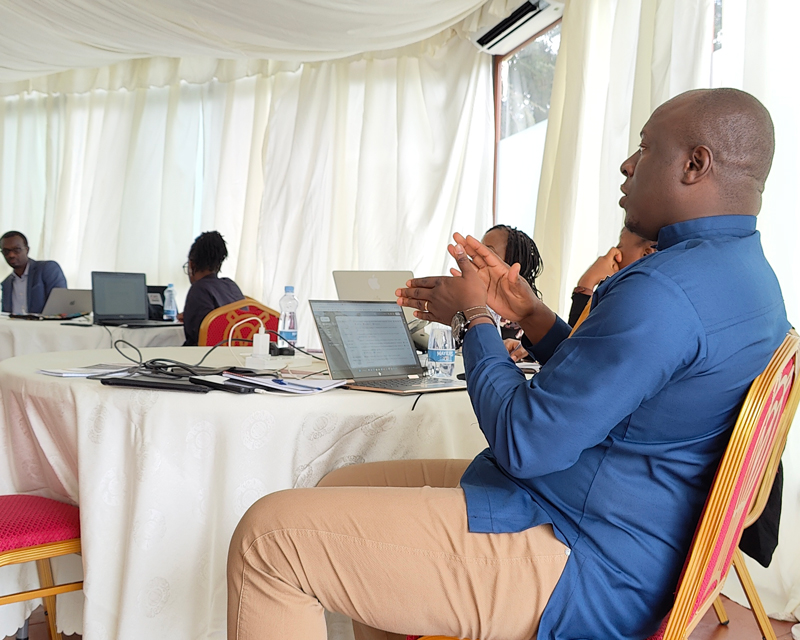
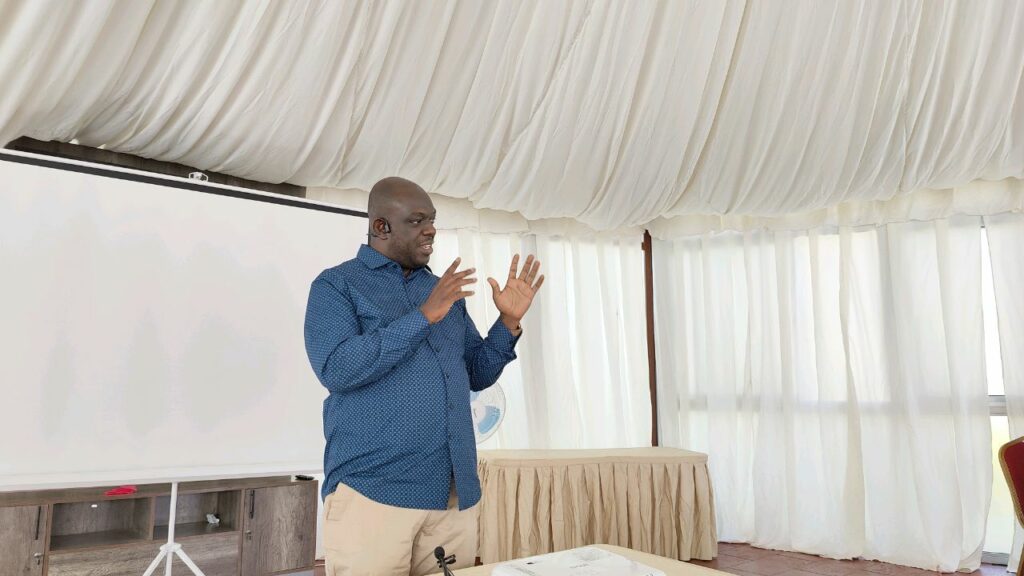
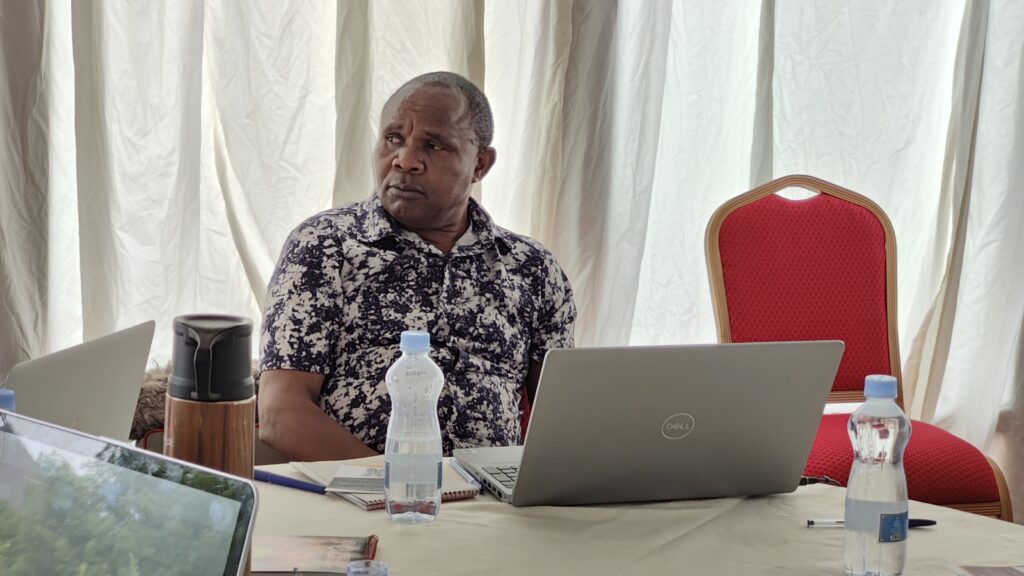
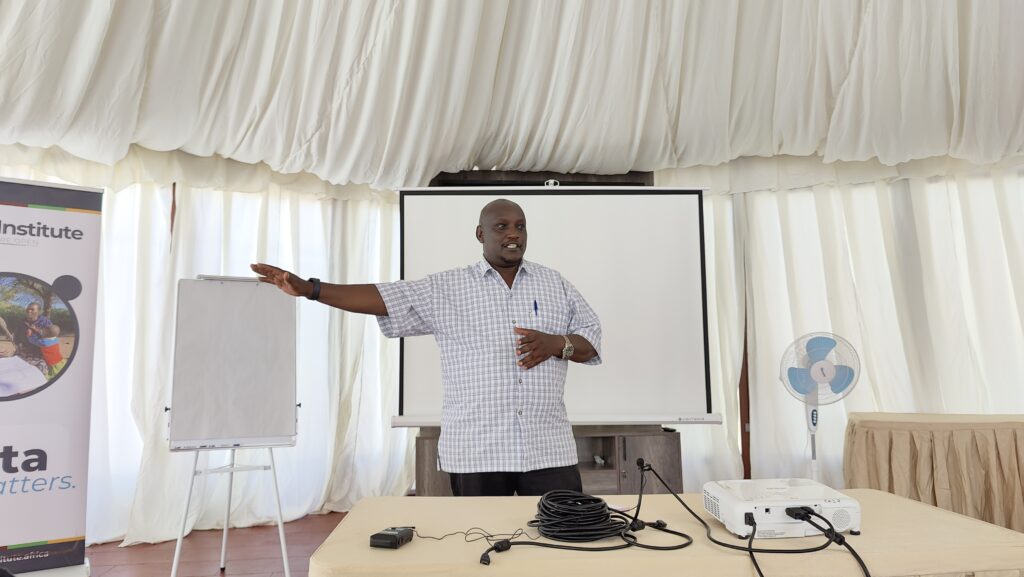
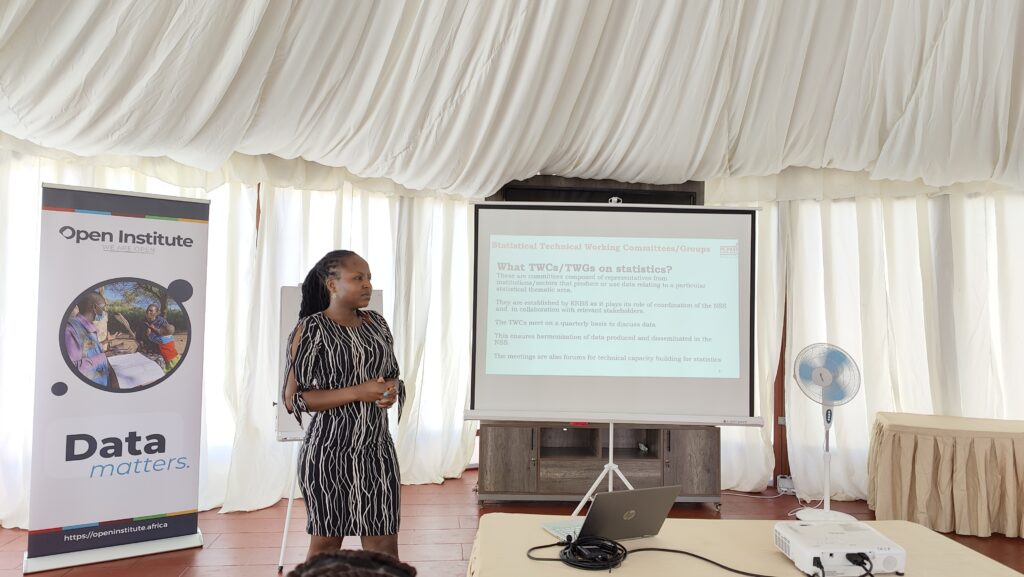
Leave no one behind
The 2030 Agenda for Sustainable Development aims to leave no one behind. To achieve this goal; granular data is necessary to understand the experiences and needs of the most marginalized in society. Too many people are invisible in current data, and too little data is routinely disaggregated. To fulfil the promise of the Agenda, data must be timely, comprehensive, and disaggregated better to understand the location and circumstances of these people, and be made available to all, from decision-makers to citizens.
The KNBS, along with the Global Partnership for Sustainable Development Data (GPSDD) and its global network, including the Open Institute, Paris 21, GROOTS Kenya, and the SDG Kenya Forum, is working to reinforce commitments to improved and strengthened data disaggregation through the Technical Working Group on Citizen Generated Data.
The KNBS has developed the Kenya Statistical Quality Assessment Framework (KeSQAF), which will be used to continuously guide, monitor, and assess the quality of statistics produced in the NSS. The framework provides transparency and clarity necessary to manage data users’ expectations, queries, and demands while boosting the organisation’s credibility. It is the responsibility of the KNBS to clearly articulate the concepts and definitions that form the basis for statistics produced, outline the methodologies used, and check on erroneous interpretations and misuse of statistics.
Inclusive Data Charter
This work is consistent with the values of the Inclusive Data Charter (IDC) that was developed by a task team of Global Partnership partners to mobilize political commitments and meaningful actions for inclusive and disaggregated data. The IDC, launched in 2018, has quickly built momentum for inclusive data and has garnered commitments from 30 diverse Champions, including Kenya.
We celebrate KNBS’ efforts to incorporate Citizen-Generated Data into the NSS and commitment to continue its partnership in this vital work. We also advocate that the structures developed by the Technical Working Group are then widely marketed and disseminated to Civil Society Organisations, including Community Based Organisations.

